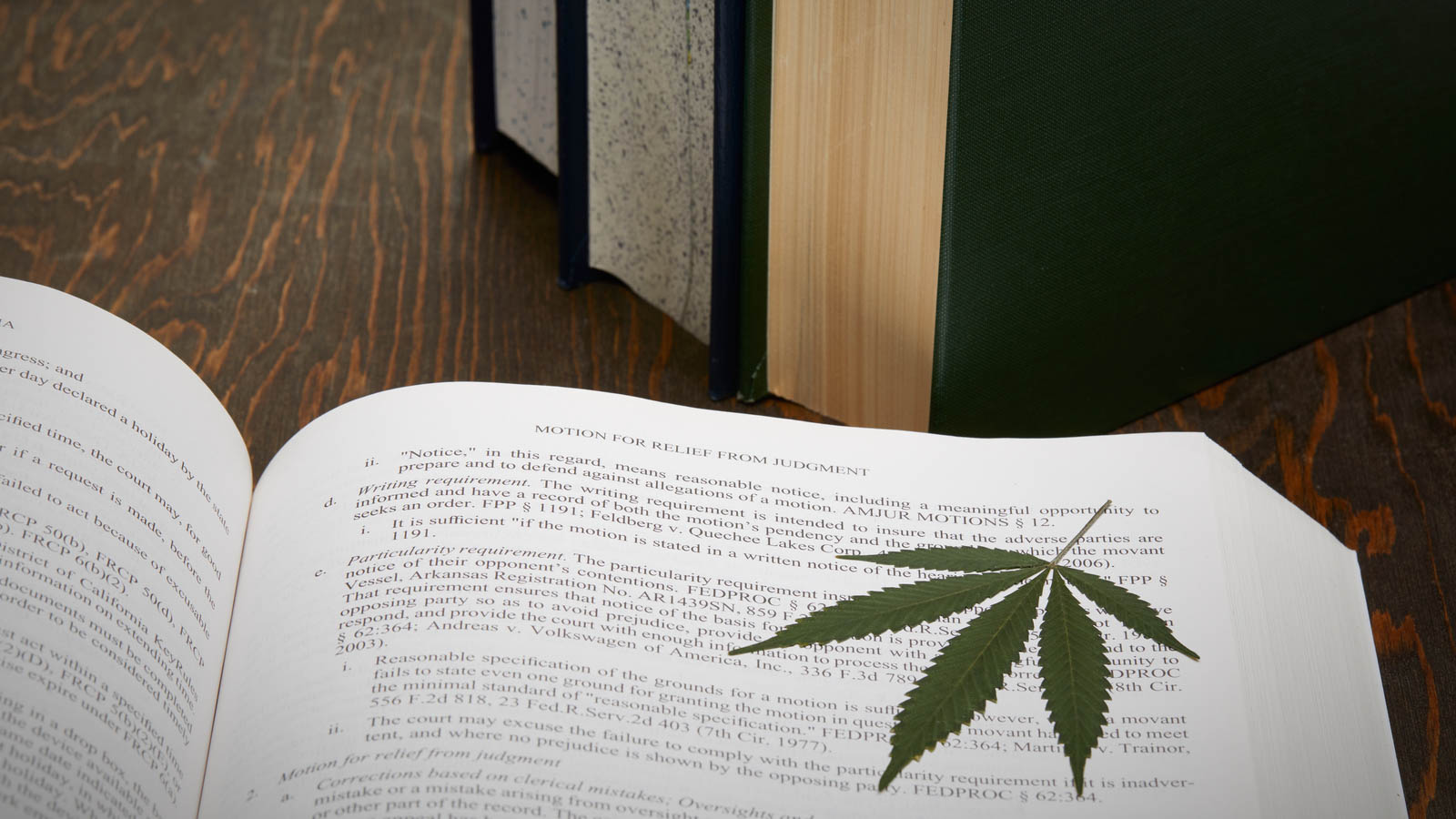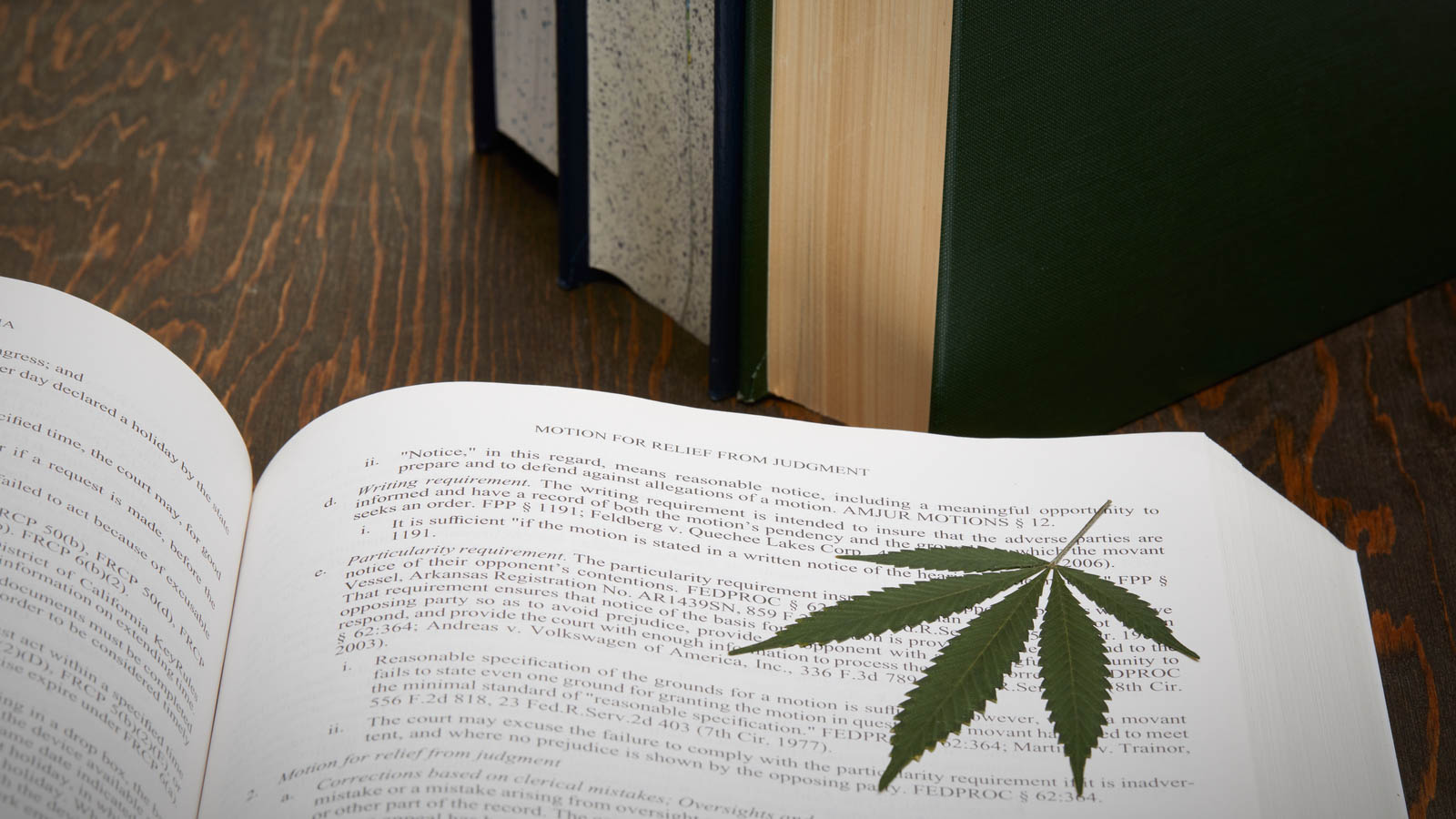
Cannabis reform, long regarded as a West Coast phenomenon, has steadily spread to the East, Midwest, and in 2019, throughout key southeastern U.S. states where lawmakers are embracing lighter restrictions.
The conservative Southern states may be in the midst of reckoning with prohibitionist marijuana policies, as bills aimed at changing state marijuana laws are gaining headway. While efforts to legalize cannabis for adult-use have stalled, lawmakers are increasingly amenable to more modest changes such as decriminalizing the plant or allowing medical use.
And even though only a handful of these bills are expected to cross final legislative finish lines and be enacted by 2019, the momentum being demonstrated by their advancement bodes well for continued efforts in 2020 and beyond.
Here’s an overview of the state of marijuana reform legislation in the South.
Alabama
A bill to legalize medical cannabis for individuals 19 and older was approved by the Alabama Senate in a 17-6 vote in early May 2019 — just weeks after the Senate Judiciary Committee advanced the legislation.
If it ultimately makes it to Republican Gov. Kay Ivey’s desk, the bill would provide qualified patients with access to marijuana for a wide range of conditions, including cancer, autism, epilepsy, multiple sclerosis, post-traumatic stress disorder, anxiety, depression, and terminal illnesses.
Members of the same Senate committee unanimously approved a bill in April 2019 that would have decriminalized possession of 1 ounce, or 28.35 grams, or less of cannabis, making the offense punishable by a $250 fine, but the House Judiciary Committee voted it down
Georgia
Republican Gov. Brian Kemp signed a bill in April 2019 that would allow for the cultivation, transportation, and sale of low-THC medical cannabis preparations. Patients have been allowed to possess CBD oil since 2015, but they’ve had no means to lawfully obtain the medicine.
Smoking marijuana would remain prohibited, and the oil could not contain more than 5% THC.
Kentucky
In March 2019, the Kentucky House Judiciary Committee passed legislation to legalize medical cannabis in the state — the first time a medical marijuana bill has ever moved in the state. The proposal would allow patients with certain medical conditions such as chronic pain, nausea, and epilepsy to obtain marijuana for therapeutic use.
It would prohibit smoking cannabis, but registered patients could take it in oil and pill form. It cleared the committee in an overwhelming 16-1 vote.
South Carolina
A South Carolina subcommittee advanced a bill to legalize medical cannabis in March 2019. The legislation was amended during the panel hearing to limit the conditions that would qualify patients for marijuana and also prohibit certain workers from accessing cannabis, but advocates still regard the 6-1 vote as a success.
“Concessions have to be made, and we understand that, but from a logistics standpoint, we need to have a law that’s workable,” Judy Ghanem, the Executive Director of patient advocacy group Compassionate SC, told Marijuana Moment in an earlier interview. “We’re still going to be happy that patients will get the medicine, but that doesn’t mean we’re not going to do everything we can to increase the number of patients that can have access.”
Texas
The Lone Star State has been a hotbed of marijuana reform in 2019, with multiple cannabis-related legislative efforts underway.
The Senate unanimously approved a House-passed bill to expand the state’s limited medical cannabis program in May, setting it on the path to the governor’s desk for signature after the two chambers’ versions are reconciled. The legislation would significantly add to the number of conditions that qualify patients for marijuana. As it stands under current law, only patients with intractable epilepsy who’ve already exhausted their pharmaceutical options can access cannabis.
A bill to legalize industrial hemp and its derivatives also passed in the Senate the same month. Hemp products can be legally marketed in Texas, but businesses have been prohibited from cultivating the crop, so they’ve relied on imports. The House unanimously approved the bill in April.
Legislation to decriminalize the possession of 1 ounce, or 28.35 ounces, or less of marijuana, making the offense punishable by a $500 fine, cleared the House in April 2019. It faces unique obstacles, though, as Republican Lt. Gov. Dan Patrick has indicated that he would singlehandedly block the bill in his capacity as the chamber’s presiding officer.
The chair of the Senate Criminal Justice Committee pushed back against the official’s claim that the bill was dead, however. He said that while there isn’t enough support to pass decriminalization at this time, he is “going to do the best” he can to shore up votes.
West Virginia
The House of Delegates advanced legislation that would provide protections to banks that service medical marijuana businesses in February 2019.
Lawmakers said that part of the reason that the implementation of the state’s medical cannabis program has been delayed is because of the lack of financial services for would-be marijuana businesses.
While the Southern states still seem some way from passing legislation to fully legalize cannabis, the modest victories speak to a broader, national trend. Partisan leanings are less and less predictive of whether a given state pursues cannabis reform, given that there is a growing bipartisan consensus that the old laws are holding back patients and businesses alike.











